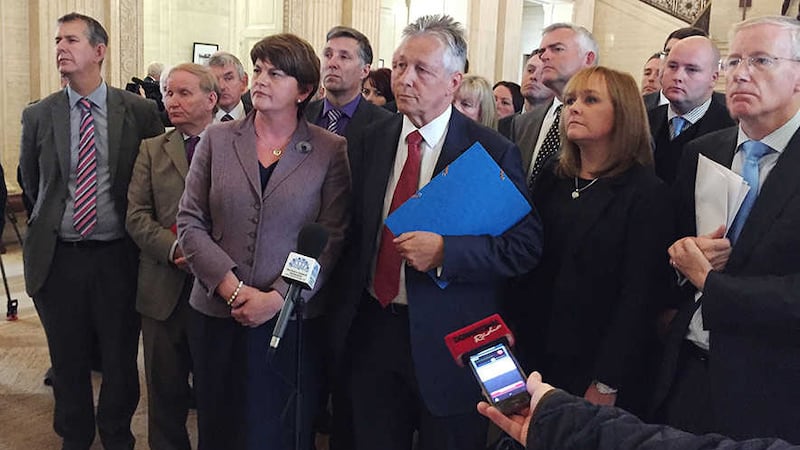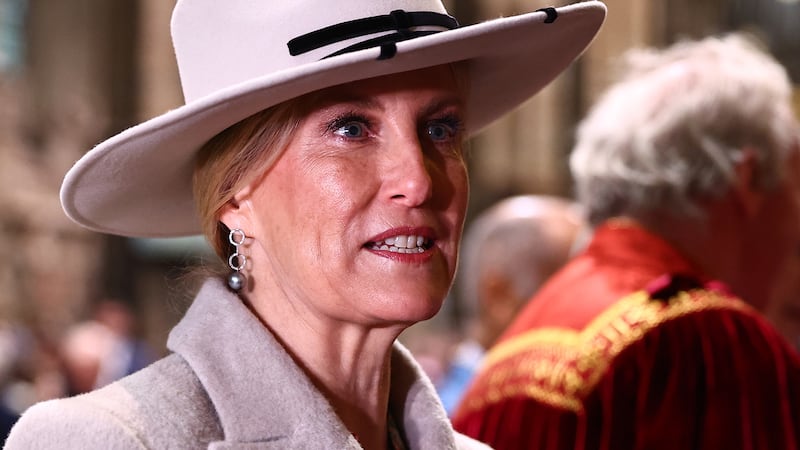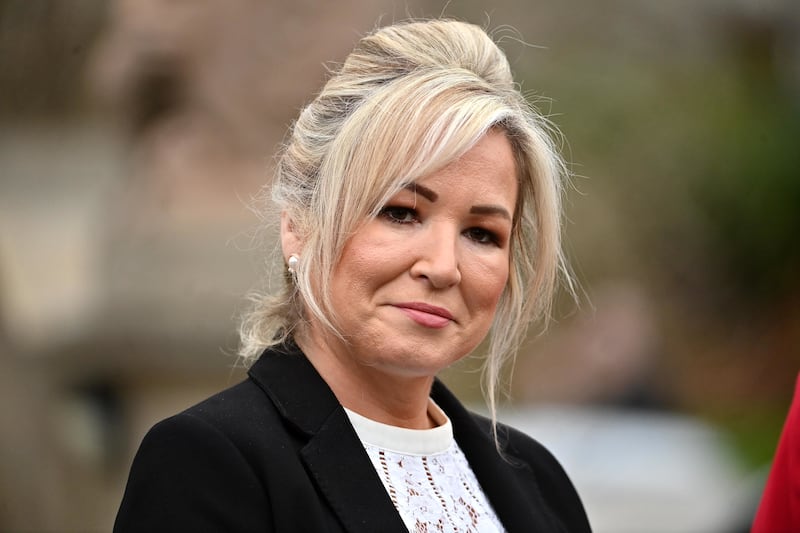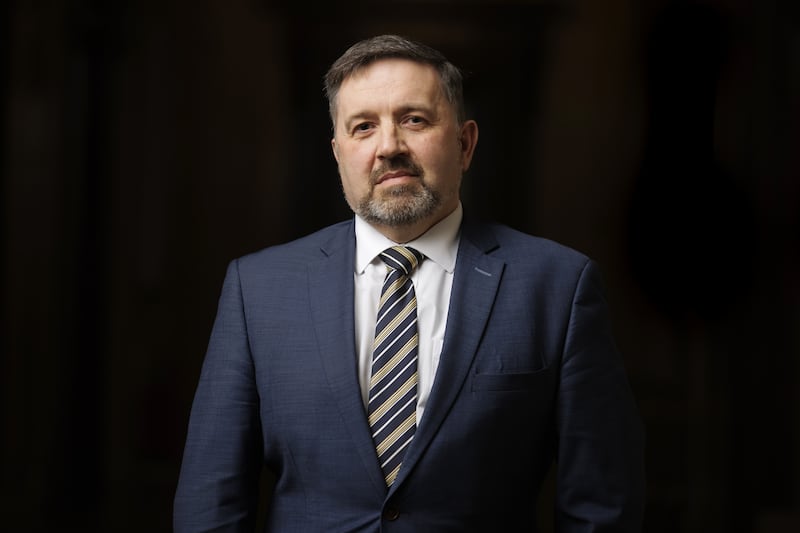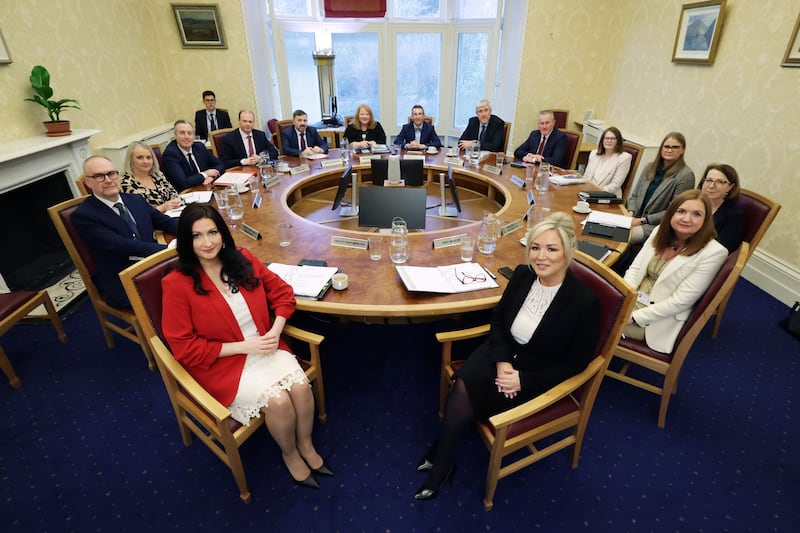IT was designed to gain maximum media exposure and the broadcasters beaming DUP leader Peter Robinson's statement live from Stormont's Great Hall gave it status akin to a monarch's abdication speech. The words were delivered in a curt, slightly hoarse tone with the first minister flanked by most of his assembly team, all appropriately solemn faced.
Here was the DUP finally spelling out the implications for the power-sharing executive in the aftermath of last month's murder of Kevin McGuigan in Belfast's Short Strand. It's nearly a fortnight since the Ulster Unionists announced what their response to the killing was, with Mike Nesbitt leading his party out of the executive.
The interim has seen Mr Robinson return from holiday then spend a week looking for something that resembles decisive action. For all yesterday's drama, however, what we got was what we should have expected – a series of conditional threats that would potentially spell a small disaster for Stormont but would largely go unnoticed by the man or woman in the street.
The decision to not attend executive meetings sounds serious but in reality there's probably not a great deal on the Stormont ministers' agenda at present, especially when you consider that the coffers are predicted to be empty within a matter of weeks. And of course the DUP did insert the 'exceptional circumstances' caveat, which means if something important does crop up, they can safely break their own boycott.
Its second plank of unilateral action, the refusal to attend North South Ministerial meetings, may send minor shock waves through the offices of a number of civil servants on both sides of the border, who enjoy these occasional away days, but otherwise the impact of this move will be negligible.
Resigning its ministers from the executive is arguably the most serious threat, however, such a move is conditional on it becoming apparent to the DUP that a "satisfactory resolution in the talks is not possible". Decisive action yes, but when we reach the stage where it's clear that the fresh negotiations are doomed then there really is no immediate future for the executive as it will have run out of both money and purpose.
It's happened before and it's likely that as long as Peter Robinson or his ilk lead political unionism then it will happen again – bluster, threat then fudge. We saw it little over 12 months ago with the so-called graduated response, which apart from buying the DUP leader time achieved nothing bar greater public disillusionment with politics.
The underlying message from yesterday's statement is that Mr Robinson does not want the institutions to collapse, whether it's because it would signal his departure as first minister or because his party fears a resurgent, self-confident Ulster Unionist Party.
Sinn Féin, meanwhile, appear nonplussed by the matter, sending out a minster-less delegation headed by Conor Murphy to face the media in the aftermath of the DUP statement.
There is clearly a need to address unionism's distrust of republicans in the aftermath of the McGuigan murder and to resolve the long-running welfare dispute, but the DUP initiating a crisis and talking up apocalyptic scenarios will only make their final climbdown all the more marked.
